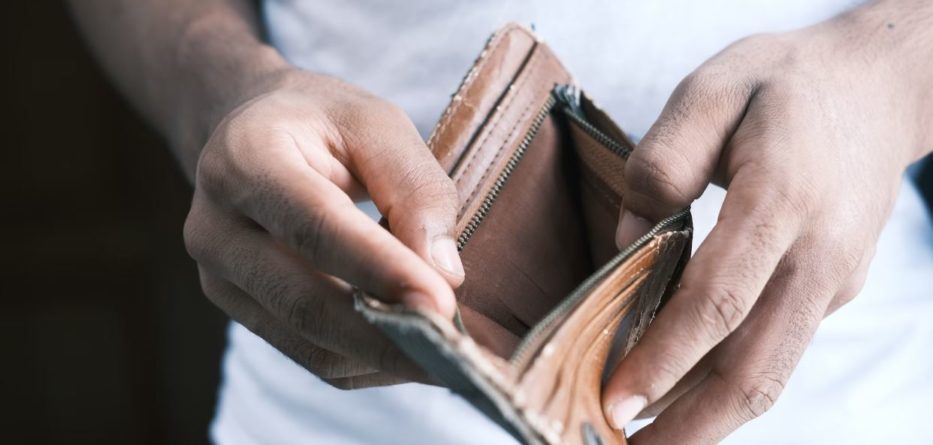Pandemic-era policies have reduced rates of poverty and lack of insurance.
According to the latest report from the United States Census Bureau, various policies implemented at the height of the COVID-19 pandemic have had a positive knock-on effect for those on the lower rungs of the economic ladder. Specifically, instances of poverty, especially child poverty, as well as uninsured individuals, are down notably.
Childhood poverty in the U.S. fell by almost half last year, according to Census Bureau data. The drop coincided with the expansion of the federal government’s child tax credit and the distribution of pandemic stimulus payments. https://t.co/fMQkHLTGY3
— The Associated Press (@AP) September 13, 2022
According to the report, child poverty dropped from 9.7% in 2020 down to 5.2% in 2021, while the overall poverty rate fell to 8% from 9.2%. Analysts have attributed much of this positive movement to the child tax credit that was instated as part of 2021’s American Rescue Plan, which provided millions of lower-income American families with tax breaks to afford familial essentials.
“They spend it on their housing, food, education, they’re able to do some of those extracurricular activities that high income families take for granted,” Center on Budget and Policy Priorities researcher Sharon Parrott told NPR. “They are investing in their kids and their families are able to make ends meet in really important ways.”
Poverty in the U.S. fell to the lowest level on record in 2021, driven by a second year of emergency pandemic aid from the federal government, the Census Bureau reported on Tuesday. The number of poor children in the country fell by nearly half. https://t.co/ZvyTcse1GX
— The New York Times (@nytimes) September 13, 2022
However, experts have cautioned that, if the pandemic policies are ended whenever COVID-19 is no longer considered a medical emergency, these improvements could be quickly reversed.
“As soon as the public health emergency is declared over – which could be as early as January – that safety net that was in that COVID relief bill goes away,” said Sabrina Corlette of the Georgetown University Center on Health Insurance Reforms. “And so we could see this historic increase in the rates of the insured be reversed.”
Antonio Banderas Reflects on 2017 Heart Attack
-
Credit: Shutterstock Here’s Everything You Need to Know About the 2025 Government Shutdown On October 1, 2025, at midnight...
-
Credit: Shutterstock Pete Hegseth Declares New Era in U.S. Military With Bold Message: “No More Fat Soldiers” Secretary of...
-
Credit: Shutterstock CNN Anchor Slams “Smelly” Donald Trump After “Whiny” President’s Latest Rant Donald Trump is facing a fresh...
-
Credit: Shutterstock Comey Indicted, Son-in-Law Resigns Amid Controversy Former FBI chief James Comey got hit with serious charges on...
-
Credit: Shutterstock More and more Americans claim that they just don’t trust Democratic leaders to address the most important...
-
Credit: Shutterstock Trump’s Take on Free Speech During a press briefing in the Oval Office following the signing of...
-
Credit: Shutterstock Trump’s Ironic Statements at the UN President Donald Trump shook up the United Nations General Assembly this...
-
Credit: Shutterstock Gun Violence is a Major Threat in the USA! A shooting occurred at the U.S. Immigration and...
-
Credit: Shutterstock Elena Kagan Says Supreme Court Is Overriding Congress to Help Trump The Supreme Court has allowed President...
-
Credit: Shutterstock Trump Puts Tylenol on Trial With Pregnancy Autism Warning President Donald Trump announced what he called a...
-
Credit: Shutterstock Judge Rules Against Trump’s Arts Policy, Citing Free Speech A federal judge has just handed down a...
-
Credit: Shutterstock Release the Epstein Files! The backlash is real. FBI Director Kash Patel is under fire as Americans...




















